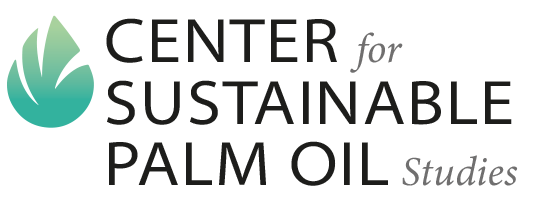Researchers say study shows the need for transparent information for consumers

Coconut oil production threatens more species than palm or olive oil, according to a new study.
Researchers at the University of Exeter found that production of coconut oil affects 20 threatened species of plants and animals per million tons of oil produced, because it is mostly harvested from tropical islands rich in unique species.
That compares to only 3.8 species threatened by palm oil, by far the most widespread oil, and 4.1 by olive oil.
Coconut oil and water have boomed in popularity in recent years and researchers said the study, which was published in the journal Current Biology, highlights the difficulty for consumers of making fully informed “ethical” choices.
The environmental costs of palm oil production, which has driven mass deforestation in South East Asia and contributed to the decline of orangutans, are relatively well known, they said.
“The outcome of our study came as a surprise,” said lead author Erik Meijaard, of Borneo Futures in Brunei Darussalam, who also does orangutan conservation for a palm oil company.
“Many consumers in the West think of coconut products as both healthy and their production relatively harmless for the environment.
“As it turns out, we need to think again about the impacts of coconut.”
Coconut cultivation is believed to have contributed to the extinction of a number of island species, including the Marianne white-eye in the Seychelles and the Solomon Islands’ Ontong Java flying fox.
Existing species that are threatened by coconut production include the Balabac mouse-deer, which lives on three Philippine islands, and the Sangihe tarsier, a primate living on the Indonesian island of Sangihe.
Co-author Professor Douglas Sheil, of the Norwegian University of Life Sciences, said: “Consumers need to realise that all our agricultural commodities, and not just tropical crops, have negative environmental impacts.
“We need to provide consumers with sound information to guide their choices.”
There are other costs to palm oil, which accounts for a third of the world’s vegetable oil consumption, including the greenhouse gas emissions associated with burning forests and peatlands to grow it over more than 18.7 million hectares worldwide.
But the study from the University of Exeter contributes to other evidence which suggests that merely switching from palm oil to alternatives may not be a straightforward improvement for the environment.
A 2018 analysis from the International Union for the Conservation of Nature (IUCN) suggested that alternatives including rapeseed or soy could lead to even more biodiversity loss, partly because they require so much more land to produce the same amount of oil.
The researchers from the University of Exeter said the aim of the study was not to end coconut oil consumption, but called for more transparent information to be provided to consumers and better standards for production across the world.
“Informed consumer choices require measures and standards that are equally applicable to producers in Borneo, Belgium and Barbados,” they said.
“While perfection may be unattainable, improvements over current practices are not.”
By Emma Gatten
Original link: https://www.telegraph.co.uk/news/2020/07/06/coconut-oil-threatens-species-palm-oil-study-says/


